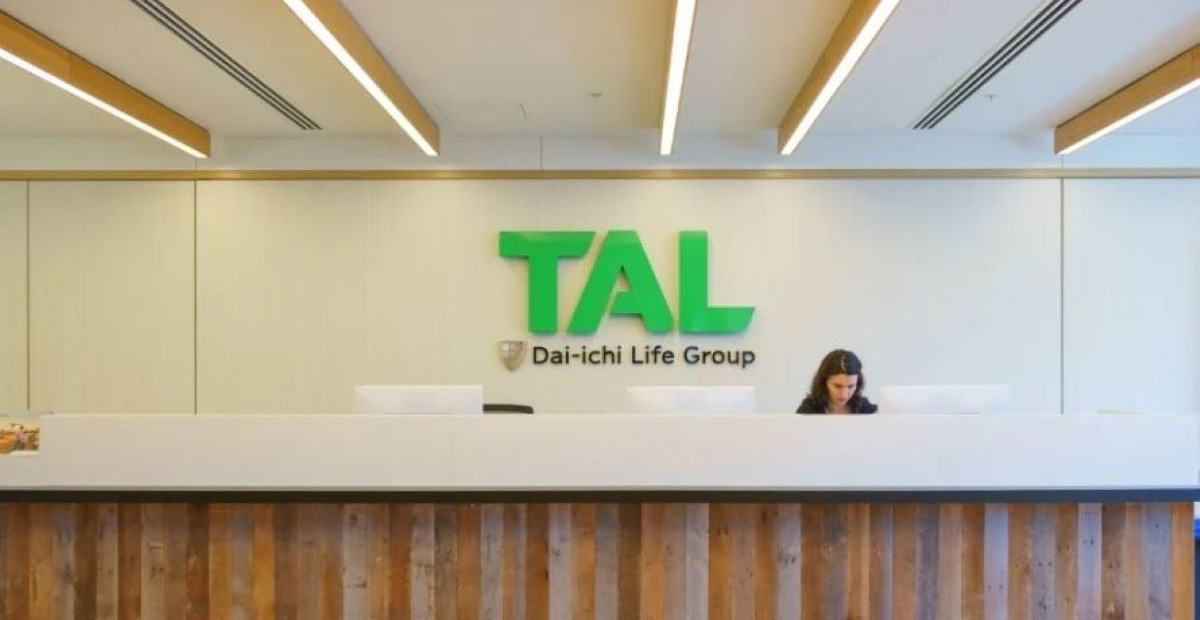TAL confirms upswing in paid claim benefits due to mental health

The latest claims data released by Australian life insurer, TAL, has seen mental health conditions remain the top reason to claim benefits under Income Protection (IP) or Total and Permanent Disability (TPD) covers.
In the six months from 1 April to 30 September 2024, TAL paid IP or TPD claims to 28,450 customers who were unable to work due to illness or injury; 29 per cent of these were attributed to mental health conditions including post-traumatic stress disorder (PTSD) and depression.
This figure has seen a six per cent increase from the previous year, with 23 per cent of 24,340 ill or injured customers’ claims put down to mental health reasons from 1 April to 30 September 2023.
This comes after a recent report commissioned by the Council of Australian Life Insurers (CALI) found a significant rise in the number of TPD claims submitted by 30-to-40-year olds due to mental health reasons in the last decade.
TAL also said that the amount paid to 36,200 customers across all claim types totalled $2.3 billion in the same six-month period this year, up from the $2 billion paid in the 2023 six-month period to 32,456 customers.
“Life insurance offers more than financial support when a loved one passes away. In the past 6 months, TAL benefit payments provided an important safety net to more than 28,000 Australians unable to work due to injury or illness,” TAL Chief Claims Officer, Georgina Croft, said.
“Helping Australians during their toughest times with care and compassion is the most important thing we do. Beyond a claim payment, we want to help – for customers claiming IP or TPD this is about assisting them on their recovery journey. We do this by providing the financial, emotional and physical support they need to get back to health and on with life.
“Beyond working to provide a faster, easier claims experience by harnessing innovation and AI, we continue to uplift the personalised support we give Australians navigating the claims process and through their recovery.
“We’re uniquely placed to provide and connect our customers to healthcare and rehabilitation services and to get them back to health after the unexpected happens.
“For example, TAL in-house health experts support evidence-based reviews and faster claims decisions. Once a claim is accepted, we connect customers with leading health providers including mental health services, occupational rehabilitation and cancer support to manage health conditions and help them meet their health goals.”
TAL also introduced the ‘Mental Health Assist’ program in 2021, which offers eligible customers virtual access to a psychiatrist for an to receive an assessment within 10 days. In 2023, 70 per cent of customers who took up the program received a change in diagnosis, 68 per cent changed their medication, 64 per cent changed their therapy, and 16 per cent returned to full or part-time work earlier than originally intended.
“We’re focused on supporting our customers to live full lives, whether that’s improving their functional capacity so they can better engage in everyday activities and with those important in their life or return to work,” TAL Claims Recovery and Support Specialist, Kate Tran, said.
“By connecting a person with the services they need early in the claims process – and removing the financial burden of paying for them – we can help customers on a path to recovery faster.”











Mental health claims are causing an unsustainable claims explosion. But seemingly nothing is being done to contain it. On the contrary, insurers are more interested in crowing about their generous mental health claims treatment, in order to appease the mental health lobby.
What will happen to Australians unable to work due to heart attacks, strokes, cancer, musculoskeletal or neurological issues, when their insurance becomes unaffordable due to the explosion in mental health claims?
Have the disability insurance companies effectively given up, and are just milking the last few years of profits before the industry collapses?
Interesting. I have an open claim that is almost 12 months old, now with lawyers involved. TAL have dragged my claim and not once have I been offered any support by them, never heard of any of these programs or support mentioned and they certainly have not tried to make this a fast or less strain on my mental health.
The industry’s response risks causing real harm to consumers. It feels like a knee-jerk reaction to suddenly plug every hole, when the growing number of holes have been clearly flagged and identified (to deaf ears) for over a decade. Some of the actions I’m seeing, and have been personally affected by, verge on unlawful, which creates new risks for the industry in itself.
The writing has been on the wall for a long time. Mental health DI claims have sat as high as 25% for years. When customers are allowed to hold both long-term DI and large TPD benefits, overlap and windfall scenarios inevitably emerge, encouraging claims. Several contributing factors have led the industry to this point:
1. Real growth in mental illness. Fundamentally, governments and corporations bear direct responsibility for this
2. Expansion of a pro-claimant and increasingly litigious environment, fostering social narratives of victimhood and entitlement
3. Growth of plaintiff law firms and their involvement in non-disputed claims
4. The Life Code of Practice, while well-intentioned, reinforces points 2 and 3 and imposes simplistic processing rules and timeframes on complex, high-risk decisions
5. Poor claims practices driven by:
a. Under-resourced claims teams
b. Under-skilled claims teams
c. Fear of media and legal implications/costs of defending claims
d. Life Code of Practice obligations overriding prudent assessment and claims management
e. Increased payment of small value claims to “get rid of them”
f. Normalisation of TPD claim acceptance for mental health, often without sufficient scrutiny
g. Efficiency and innovation without, or at the expense of, foundational claims practices
6. Unsustainable Product features designed without regard to insurability principles:
a. Own Occupation TPD cover
b. Reduction of TPD waiting periods from 6 months to 3 months forcing premature assessments of permanent incapacity, often before genuine mental health patients have received adequate care or treatment
c. Waiting period waiver features
d. Overly complicated product filled with noise
e. Occupational definitions reliant on medical opinions, generally accepted from doctors unqualified to assess occupational disablement
f. Vague definitions open to unfavourable court interpretation, with limited industry response
g. Generous DI definitions that discourage return to work
7. Generous underwriting/Product guidelines that have not adequately accounted for over-insurance risks from combined LTIP and TPD cover
8. TPD antiselection is evident with average sum insured for claims lodged within 12 months significantly higher, when compared to claims lodged after 12 months
These trends are unsustainable and require thoughtful and disciplined industry response, to restore balance and protect both consumers and insurers. Unfortunately, media narratives and commentary from industry bodies often gain traction at senior levels, and those levels tend to drive reactive measures.